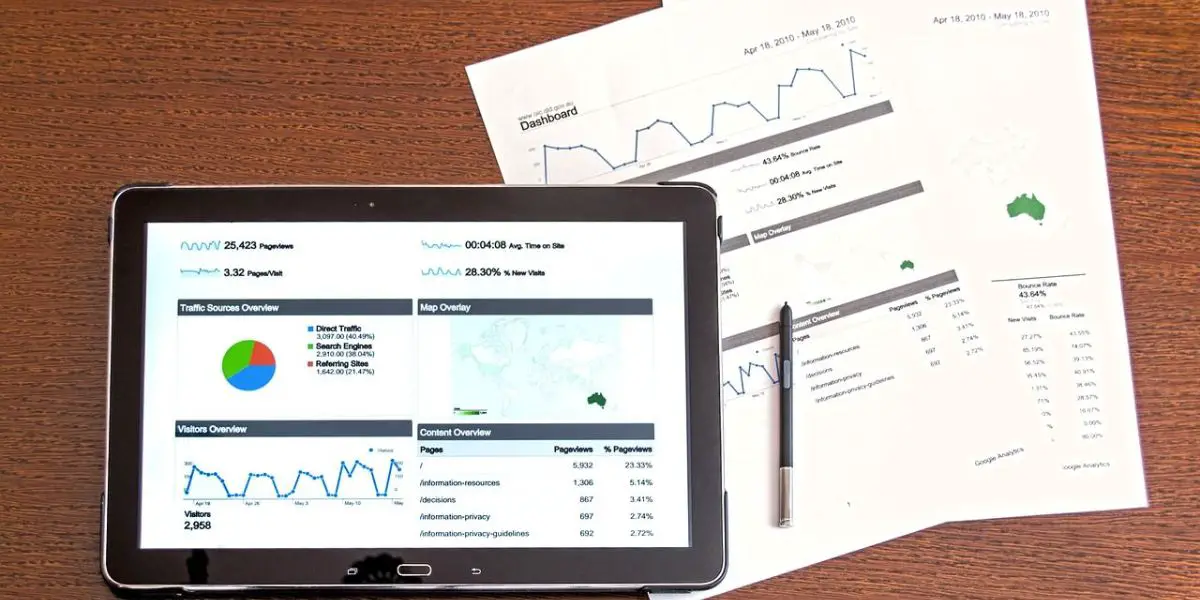An organised document management system empowers landlords to quickly locate crucial documents, significantly reducing time spent sifting through papers. When every receipt, invoice, and tax document is promptly available, tax time transforms from an arduous challenge to a straightforward task.
Furthermore, effective document management safeguards landlords from penalties resulting from incorrect tax filings. By having a well-organised document system, landlords ensure that all necessary information is at their fingertips, thereby reducing errors in tax computations and regulatory reporting.
Unfortunately, more landlords are selling up their properties, strongly feeling that their roles are becoming more stressful due to various changes to the law. While it can still be great to be a landlord, making the effort as easy for yourself is in your best interests.
Tax deadlines are usually around January, but early preparation beats last-minute rushes every time! Without further adieu, here are some tax-related document management tips to live by if you’re a landlord!
Catalogue Income and Expense Documents
As a landlord, you must make it a point to diligently catalogue all income and expense documents. A dedicated folder or file for each property can greatly ease this task. Categorising documents based on the type of expense or income will further streamline the process.
Ensure to include all types of income, including rental receipts and additional earnings from property-related services. Similarly, expense receipts must cover maintenance costs and property management fees. Remember to incorporate mortgage statements, insurance premiums, and council tax bills integral to your tax computations.
Moreover, many transactions are conducted online today, resulting in e-receipts and digital invoices. These must be saved diligently in a secure cloud server (more on this in the next heading). Backups of these digital records are also a prudent step to ensure the data’s safety and availability when required.
Use Document Management Software

To further streamline the process, you can leverage various document management software available in the market. These platforms allow easy document organisation and automate many tasks, freeing you from the manual labour of sorting and filing.
A bonus to utilising such software is that they often provide secure cloud storage, protecting important documents from physical damage or loss. The capacity for remote access also means you can access documents anytime, anywhere, ensuring efficient and uninterrupted financial records management.
There’s still some debate about whether we should trust the cloud with our data. While it’s true some service providers can be hacked, others have high-end security safeguards in place; data encryption, facial recognition, and more. Your device may even have biometric capabilities too. If you’re going to use one of these servers, ensure a responsible provider is overseeing things.
Compress PDF files with SmallPDF
Digital documentation, while convenient, may sometimes face issues with file size, especially when dealing with comprehensive financial reports and lengthy agreements. PDF formats can help with compatibility, but even their size needs to be reduced sometimes.
This is where SmallPDF proves to be an invaluable tool for you as a landlord. By using a fast-working PDF compressor, you can make all of your landlord-related large documents easier to manage, store, and share. Compress PDF files with SmallPDF, and the file size is significantly reduced, yet the quality remains high, ensuring readability. This not only aids in saving storage space but also facilitates quicker uploading and downloading of documents, thereby streamlining workflows.
Moreover, SmallPDF provides an additional layer of security, allowing you to encrypt and protect important documents. This is vital in maintaining the confidentiality of sensitive financial information and protecting data from unauthorised access.
PDF compress tools can be essential for good communication. As we specified, shrinking the file makes sharing documents easier without losing its quality. If you need to liaise with tenants, estate agents, tradespeople, or anyone you’re renting the property with, doing so quickly and with clarity can prevent communication breakdowns and improve all your working relationships.
Regular Reconciliation of Financial Records
You can swiftly identify discrepancies or anomalies by routinely cross-checking your financial documents against bank statements. This could include missing receipts, unrecorded expenses or income, or even potentially fraudulent transactions.
Resolving such issues promptly can save you from headaches at tax time and may help detect financial mismanagement early. You won’t have to backtrack through your information under pressure or suffer any embarrassment or humiliation due to overlooking key data.
In addition, regular reconciliation of financial records provides a real-time picture of the property’s financial status. By staying on top of the incoming rent and outgoing expenses, you can make informed decisions on potential rent increases, property improvements, or the need to find new tenants. With the aid of the document management software we mentioned earlier, this task can be automated, making the process less time-consuming and more efficient.
Accurate financial reports are integral to determining the property’s overall profitability. These reports can also be crucial when seeking financial advice or applying for loans, as they provide solid proof of income. By ensuring every transaction is properly documented and reconciled, you stand in good stead when it’s time to manage your taxes.
Maintain Updated Property Records
You must ensure that property records are consistently updated. Details such as property value, outstanding mortgage balances, and depreciation calculations are significant in tax computations.
An updated property portfolio, including valuations and mortgage details, can provide a quick reference point, helping you track the financial status of your properties. This is particularly beneficial when dealing with multiple properties, where the sheer volume of data can become overwhelming.
Regularly updating depreciation calculations can help maximise tax deductions. As depreciation on a rental property is a valid expense, tracking this accurately can lead to substantial savings during tax season.
Conclusion
In conclusion, adopting an efficient and strategic document management system is the key to transforming the taxing season into a straightforward task for yourself as a landlord. The careful cataloguing of income and expense documents, regular reconciliation of financial records, utilisation of digital tools like SmallPDF, along with maintaining updated property records all contribute to a smoother, more accurate tax filing process. Not only do these practices reduce the stress and potential errors associated with tax management, but they also provide valuable insights into the profitability of properties, supporting informed decision-making and strategic planning.


